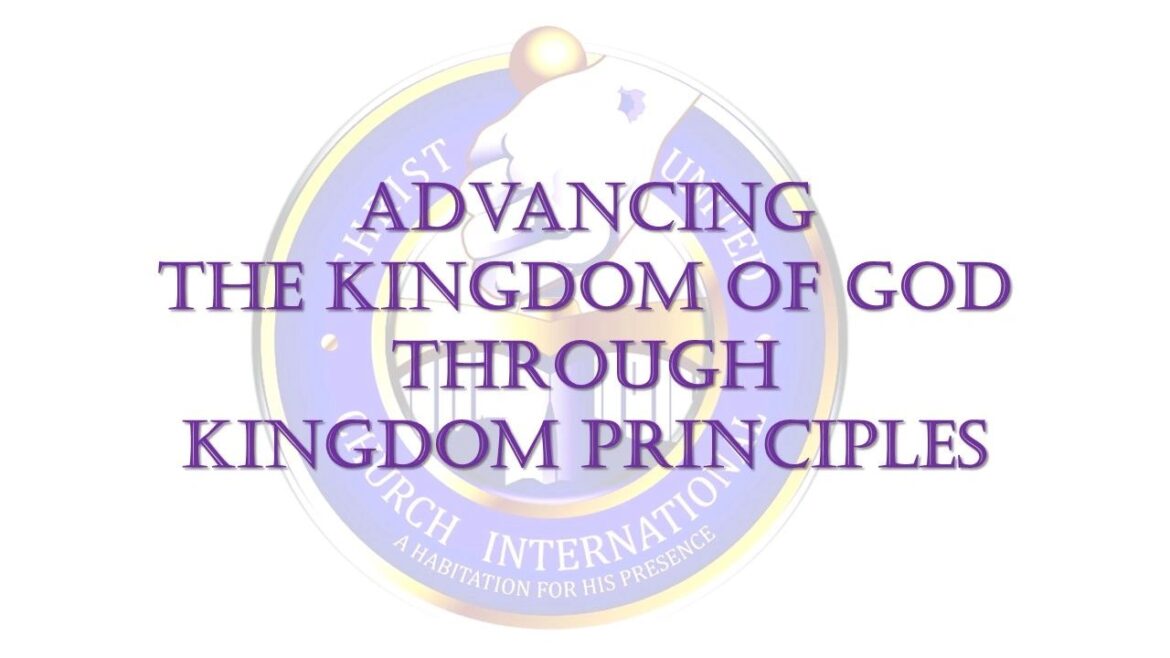The United Church of Christ (UCC) is a denomination that stands out prominently within the broader Christian landscape. Formed in 1957 through the unification of several Protestant traditions, the UCC is built upon a rich heritage that emphasizes inclusivity, social justice, and a commitment to community engagement. Its unique theological perspective differentiates it from other denominations, inviting investigation into its foundational principles and practices.
The UCC is marked by its open and affirming stance, welcoming individuals of all backgrounds, races, and sexual orientations into its congregations. This characteristic is not merely a reflection of modern societal values but a deeply entrenched belief that mirrors the inclusive message of the Gospel. The church asserts that God’s love and grace are extended to all, promoting the idea that every individual possesses inherent dignity and worth. This sense of belonging fosters a nurturing environment where diversity is celebrated, providing a space for different voices and perspectives within worship and community life.
The theology of the UCC revolves around the concept of “Still Speaking,” an acknowledgment that God continues to communicate with humanity beyond historical texts. This theological framework invites reinterpretation of scripture in the context of contemporary issues, allowing for a dynamic relationship with faith. It embodies the belief that understanding of the divine is ever-evolving, encouraging congregants to engage with their faith actively and question traditional interpretations. Such an approach cultivates a culture of intellectual curiosity, positioning the church as a space for theological exploration rather than dogmatic adherence.
Centrally, the UCC embraces social justice as the bedrock of its mission. Drawing inspiration from prophetic calls for justice found throughout the Bible, the UCC believes that faith must be expressed through action. This conviction permeates its ministry, underpinning initiatives aimed at advocating for marginalized populations. Be it through addressing racial inequalities, combating poverty, or promoting environmental stewardship, the UCC actively positions itself at the forefront of social change. Participation in local and global humanitarian efforts showcases the church’s unwavering commitment to translating faith into tangible outcomes that positively impact society.
The UCC also emphasizes the importance of community, believing that being part of a congregation fosters spiritual growth. Worship services are designed to be inclusive and participatory, creating an atmosphere where all feel empowered to contribute. This communal approach cultivates a sense of belonging, as congregants come together for prayer, fellowship, and collective action. By prioritizing relationships with others, the UCC reflects the relational aspect of God that is intrinsic to its understanding of faith.
Moreover, the UCC’s commitment to ecumenism speaks volumes about its openness. The church regularly collaborates with other Christian denominations, recognizing the unity that can be found in shared beliefs while honoring theological differences. This collaborative spirit extends to interfaith dialogue, wherein the UCC engages with a multiplicity of faith traditions. By fostering understanding and cooperation, the church exemplifies its core values of love, justice, and mutual respect.
One distinctive feature of UCC theology is the church’s stance on sacraments. The UCC practices two sacraments: baptism and communion. Both are seen as vital expressions of God’s grace and are administered without exclusion. The church believes that sacraments should be open to all individuals, further emphasizing inclusivity. Each of these rites serves not only as a personal milestone but as a communal affirmation, thereby strengthening the collective identity of the church.
Despite its progressive stance, the UCC does face challenges. Resistance to its inclusive practices, particularly in relation to same-sex marriage and LGBTQ+ rights, comes from within and outside the church. Such resistance often raises questions about authority, interpretation of scripture, and the intersection of tradition and modernity. The ongoing dialogue surrounding these issues serves as an opportunity for deeper reflection on the nature of faith and ethics in a changing world. Discussion within the UCC concerning these topics is not merely reactive; it often leads to profound theological insights, further shaping the church’s mission and identity.
In recent years, the UCC has shown resilience in advocating for environmental justice, responding to the global climate crisis with urgency and purpose. The church recognizes that the health of the planet is intrinsically tied to social justice, as marginalized communities often bear the brunt of environmental degradation. Through initiatives such as “Creation Justice,” the UCC not only seeks to educate congregations on eco-theology but also actively engages in grassroots movements aimed at sustainability and ecological responsibility.
Ultimately, the United Church of Christ stands as a testament to the dynamic and evolving nature of faith. Its emphasis on inclusivity, social justice, and community engagement invites a broader discussion on the role of Christianity in contemporary society. A church that embraces diverse identities while promoting the dignity of every individual offers a compelling vision for a world often marked by division.
This fascinating intersection of theology and social activism resonates with many who seek a deeper connection between their faith and their lived experiences. By reframing the narrative to incorporate these values, the UCC presents an innovative model of Christianity that is relevant, transformative, and ultimately aligned with the Gospel’s call to love and justice.



